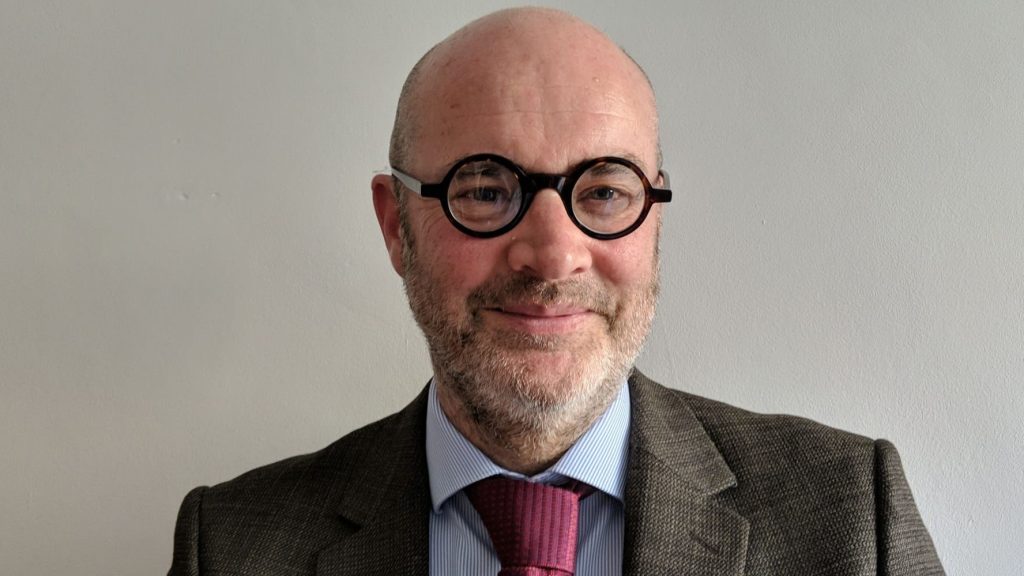
The Welsh Graduate School for the Social Sciences (WGSSS) is one of 15 new doctoral training partnerships announced by the Economic and Social Research Council (ESRC) following a successful bid for funding.
The investment in doctoral training partnerships (DTPs) demonstrate ESRC’s commitment to its revised vision for doctoral training, that reflects the findings of the Review of PhD in the Social Sciences in 2021. They will provide a breadth of professional development training opportunities to enhance the capabilities of doctoral candidates and further develop a world-class, highly skilled workforce for the UK.

“WGSSS is a watershed for the social sciences in Wales. Building on the success of the ESRC Wales DTP, we are strengthened by new university members, a powerful group of strategic partners, and a deep commitment from stakeholders. WGSSS will nurture social science researchers from all backgrounds, delivering outstanding training and practical preparation for a wide range of careers, within impact to communities in Wales and around the world.“
Professor John Harrington, WGSSS Director
WGSSS is a collaboration between Cardiff University, and Aberystwyth University, Bangor University, Cardiff Metropolitan University, the University of South Wales, the University of Gloucestershire, and Swansea University. The University of Wales, Trinity St David is an associate member and contributes to shared training and researcher development.
A total of £40 million investment in postgraduate social science research and training, WGSSS will deliver up to 360 studentships across 5 annual cohorts from 2024. It will create an integrated cross-Wales community of researchers through a common Training Platform supported by ESRC, Higher Education Funding Council for Wales (HEFCW) and partner universities.
Working closely with the Learned Society of Wales, it will deliver support for social sciences students and supervisors on career development, wellbeing, and inclusion. WGSSS is supported by an £18.5 million award from ESRC, which is matched by contributions from partner universities and by £1.5 million-plus investment from strategic partners including Welsh Government, Office for National Statistics, Natural Resources Wales, Welsh Council for Voluntary Action, Cardiff Capital Region City Deal and the Office of the Commissioner for the Well-Being of Future Generations.
This is fantastic news and a ringing endorsement of the collective strength of the universities in the partnership. Together we have a strong track record of delivering social science research with environmental, economic, and societal impact to our communities and more widely across the UK and beyond.
As one of the biggest and most significant investments in postgraduate social science research and training, this partnership will ensure that we continue to develop social scientists who are equipped to deliver impactful research for future generations, providing solutions to constantly evolving complex societal challenges. Importantly, it will offer a boost for postgraduates’ career development, support their wellbeing as well as leading to greater inclusion.
I’d like to thank Professor Harrington and his team across the partnership who worked so hard on this successful bid and look forward to following the progress of the partnership over the coming years.
Professor Wendy Larner, Vice-Chancellor, Cardiff University
The University of South Wales (USW) is proud to be part of the Welsh Graduate School for the Social Sciences (WGSSS). USW has a long and distinguished history of impactful research in social sciences/policy, evidenced by the Research Excellence Framework (REF) 2021 outcomes that placed our submission as 1st in Wales for impact. We pride ourselves on not only the strength of our research but also the opportunities and experiences made available to our students, which is reflected in USW being voted the top university in the UK in the recent postgraduate research experience survey. Being part of the WGSSS, will further enhance the research and training opportunities open to social sciences students and we look forward to working in collaboration and partnership with colleagues across Wales and beyond
Professor Martin Steggall, Pro Vice Chancellor Research and Innovation, University of South Wales.
Our vision for postgraduate training is that it will develop globally competitive social science researchers who can operate in interdisciplinary, collaborative, and challenge-led environments across a range of sectors and who have a diversity of backgrounds and experiences. This redesigned and expanded doctoral training opportunity will enhance the experience for PhD students and boost the UK’s capability.
Stian Westlake, ESRC Executive Chair
Rated as ‘outstanding’ the WGSSS bid was praised by ESRC for its visionary approach to equality, diversity and inclusion, and plans for internships and career development.
Information on how to apply for studentships via the WGSSS Competition for entry in 2024/2025 is available on the Studentships page.
























































































































